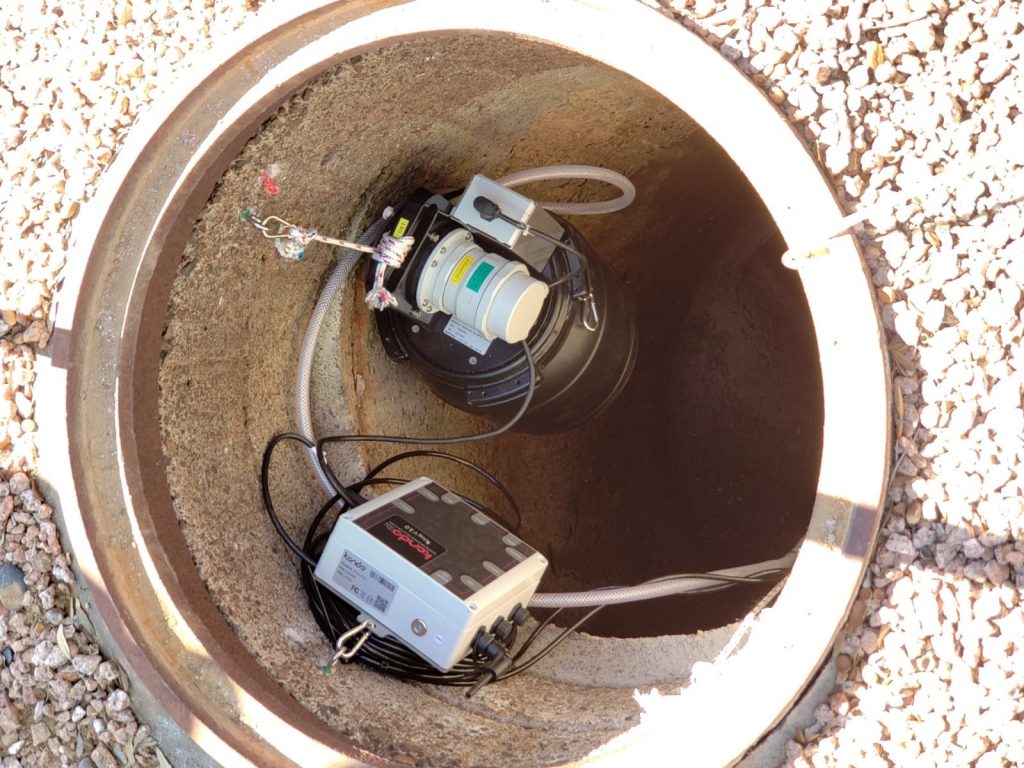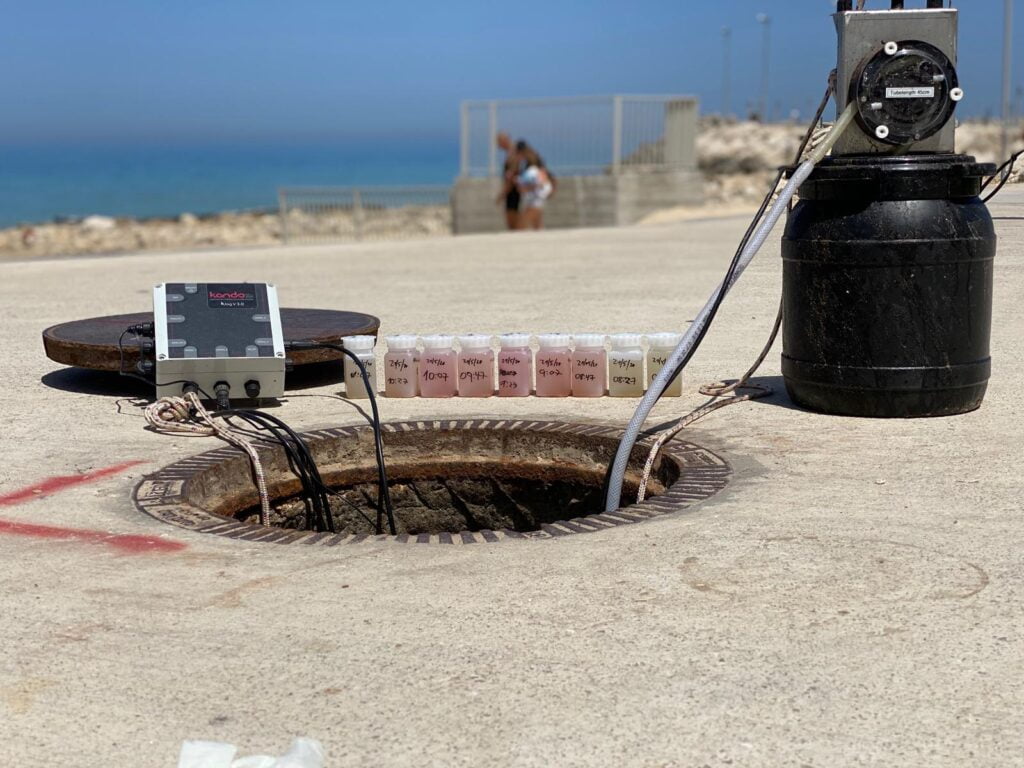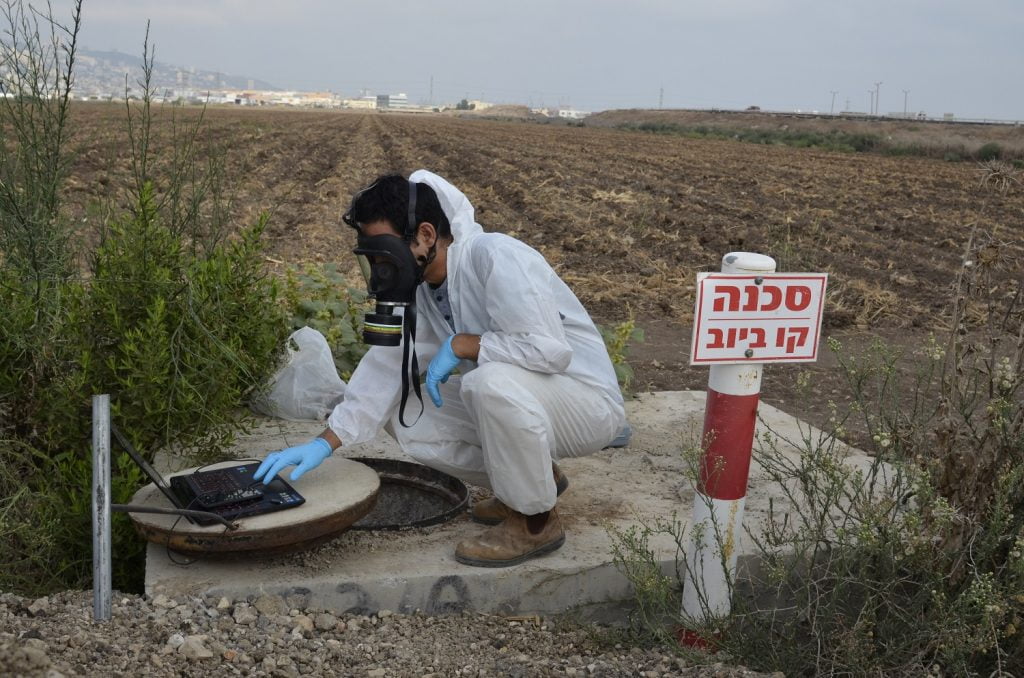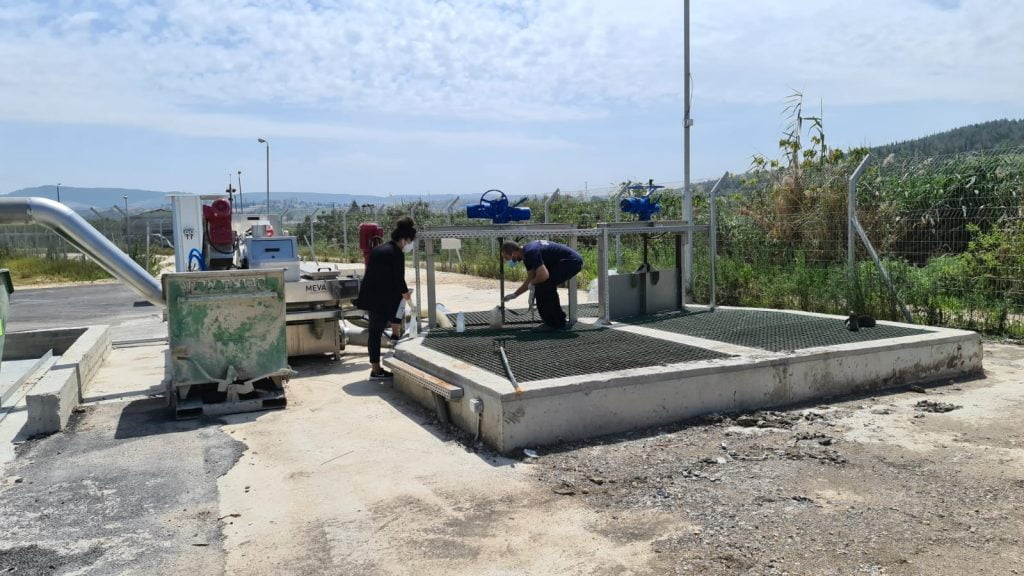Israeli company Kando, a wastewater technology firm levering IoT tech, has reported that it was able to detect traces of the novel coronavirus in the sewage system, following its first pilot program in the southern coastal city of Ashkelon. The trial, first launched in early June, was conducted with scientists from the Technion – Israel Institute and the Ben Gurion University of the Negev in a variety of disciplines, including virology, water engineering, epidemiology, and public health policy.
Founded in 2011, Kando uses IoT, advanced algorithms, and artificial intelligence technologies to enable wastewater utility organizations to detect pollution anomalies and blockages in real-time to keep sewage systems hygienic and working. The company turned its attention toward SARS-CoV-2, the virus that causes COVID-19, in early April.
How Kando’s wastewater tech works
Kando’s solution, Clear Upstream, provides real-time awareness of events in wastewater networks. Using live maps, online dashboards, and text messages, the company looks at the collected data and identifies the problems, events’ sources, and tells its clients where to act.
Kando’s sensors collect wastewater data from a sewage network and then a cloud-based analytics engine transforms the data into actionable insights.
“We are changing the way wastewater thinks,” Goldfarb told NoCamels in April of his company’s proprietary technologies.
Ashkelon coronavirus pilot program
In Ashkelon, the citywide pilot involved monitoring the municipal sewage system for the virus. Kando said the study demonstrated an ability for early detection of outbreaks in wastewater as well as to locate precise hotspots, down to specific neighborhoods and even streets.
Ashkelon has been the site of one of Israel’s coronavirus hotels, a paid lodging establishment converted to host quarantined patients.

At the same time, the city also had a relatively low number of coronavirus cases (hotel aside). Ashkelon has had over 1,000 confirmed patients since the beginning of the outbreak at a rate of 316 COVID-19 patients per 100,000 people. This is according to the Israeli Health Ministry’s latest figures
Kando’s tech aimed to work with relatively unknown concentrations of COVID-19 patients to pinpoint hotspots.
Using the company’s tools to measure waste streams in the municipal sewage system, “the researchers were able to accurately measure concentrations of the virus remnants and determine the approximate number of those suffering from the infection,” Kando said. They did this by factoring in necessary data such as industrial effluent (treated wastewater) which destroys the virus, and sewage flow, which dilutes the virus’ concentration.
Sign up for our free weekly newsletter
SubscribePilot findings
In the study, the researchers discovered significant remnants of the coronavirus in municipal wastewater, indicating early detection of outbreaks in local neighborhoods.
According to Kando and the Israeli researchers, the results suggest that tracking remnants of the virus in the sewer network “is a timelier and more efficient gauge of the extent of outbreaks than testing individuals – especially given the asymptomatic nature or delay in symptoms of those suffering from COVID-19.”

“Monitoring our sewers is like taking the ‘blood test’ of a city,” said Kando CEO Ari Goldfarb in a company statement. “The successful initial results of this pilot study demonstrate that our sophisticated wastewater monitoring systems can help detect new outbreaks and determine exactly where and how serious they are.”
The company said the study demonstrated that it can offer actionable insights to authorities, alerting them to outbreaks, often before residents are symptomatic.
“Our hope is to help cities around the world prevent wholesale shutdowns and mitigate future outbreaks,” Goldfarb said.
Professor Nadav Davidovitch, director of the School of Public Health at Ben Gurion University explained that “identifying traces of the coronavirus in city wastewater is extremely challenging due to the various types of substances found in sewage systems, including industrial wastewater, which can dilute or destroy remnants of the virus.”
“Our unique methodology enables us to detect and trace the presence of the virus and calculate its concentration with these substances factored into the equation, and to integrate epidemiological evidence in order to pinpoint emerging COVID-19 hotspots. This will allow authorities to take actions to contain future outbreaks,” said Professor Davidovitch.
“This type of interdisciplinary science will continue to help disease containment methods – for coronavirus, and beyond,” he added.
Related posts

Editors’ & Readers’ Choice: 10 Favorite NoCamels Articles

Forward Facing: What Does The Future Hold For Israeli High-Tech?

Impact Innovation: Israeli Startups That Could Shape Our Future






Facebook comments